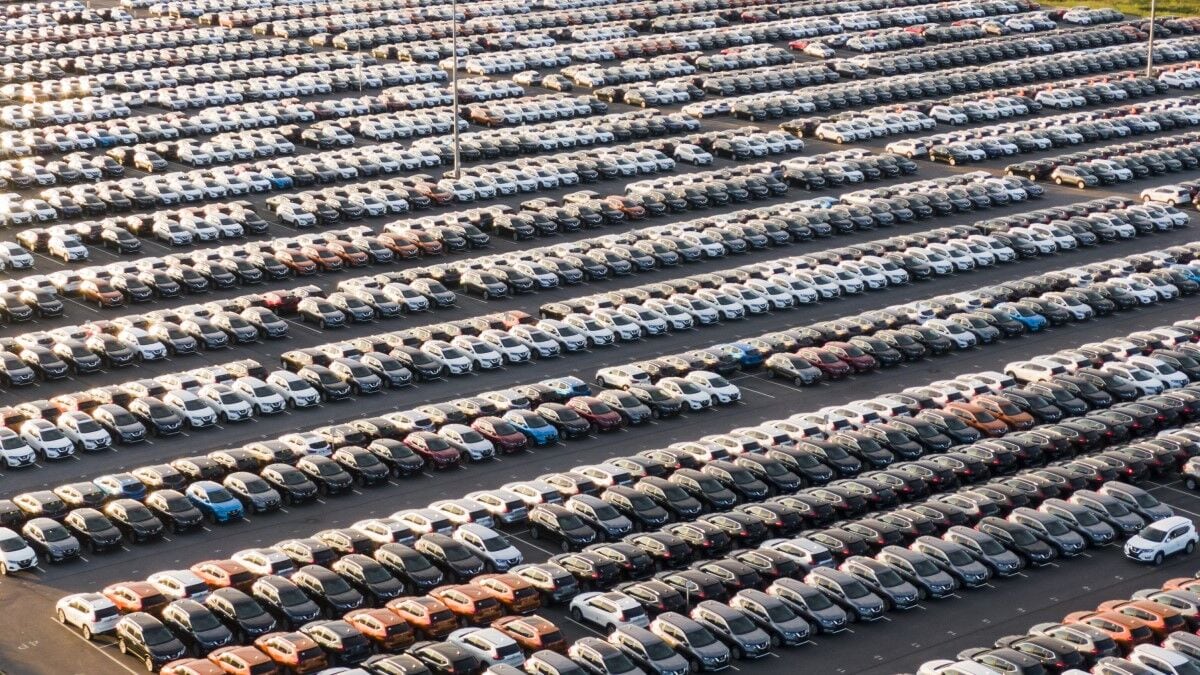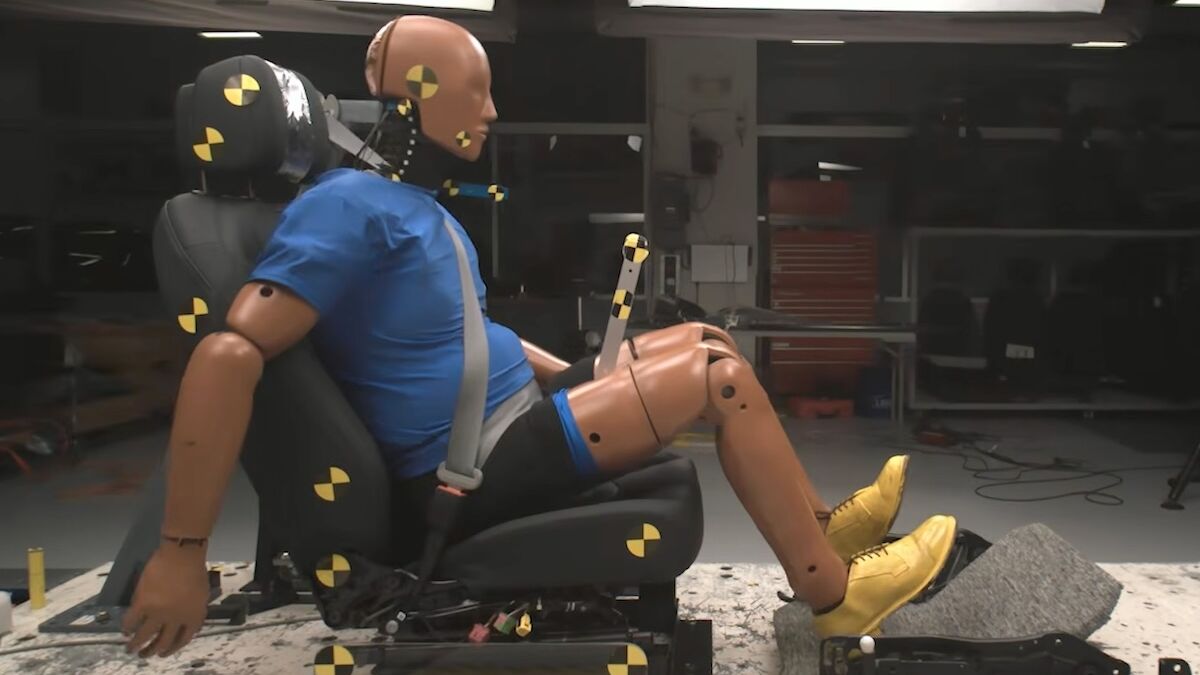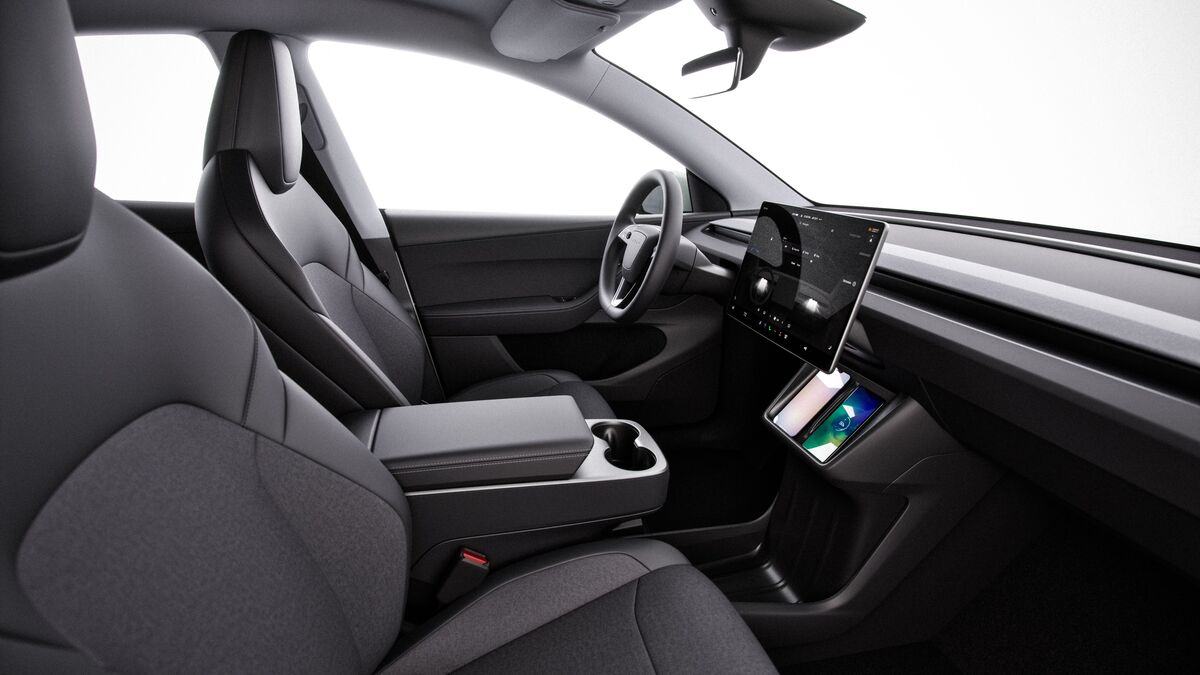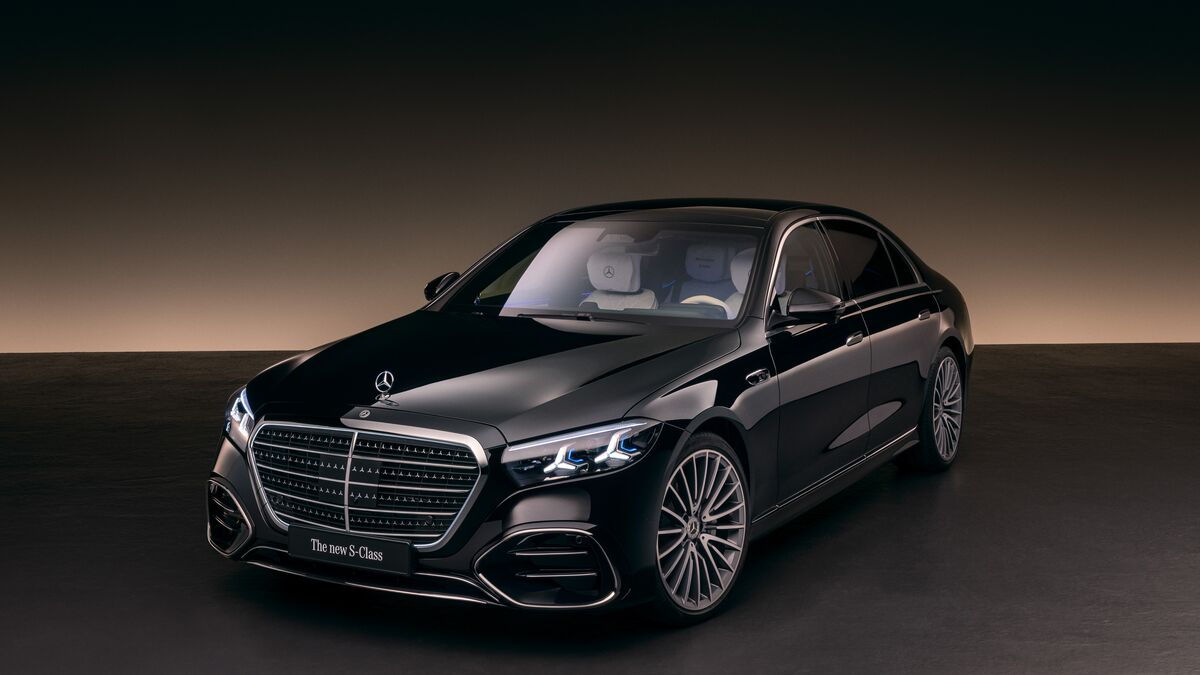- The U.S. and the EU agreed to a trade deal that would cut tariffs on European cars to 15%
- It’s similar to a deal negotiated with Japan last week
The United States and the European Union (EU) on Sunday agreed to the framework of a trade deal that will result in a 15% tariff on most European goods. Cars and car parts imported from Europe, under the deal, will face a 15% tariff instead of the 25% levy they have faced since April.
As has become customary, the White House did not publish the agreement’s text. However, public statements from both parties helped us understand the broad strokes of the arrangement. The New York Times notes that the pact “is a political agreement, not yet a legally binding one.”
Reuters reports the new 15% auto tariff “is the maximum tariff and is not added to any existing rates.”
This follows a trade agreement with Japan last week that dropped tariffs on Japanese cars to 15%.
Reports say South Korean negotiators are aiming for a similar deal in talks with the U.S. That has U.S.-based automakers worried. Many moved production of some cars and parts to Canada and Mexico in recent years, encouraged by trade policy from past presidential administrations. Now, they’re paying more to import cars and parts than many foreign competitors.
These Tariffs are Still Historically High
- Tariffs on European cars have gone from 2.5% to 25% to 15% in half a baseball season
Before President Trump took office, most cars and car parts faced a 2.5% tariff.
The new deal means automakers have seen tariffs jump from 2.5% to 25% then drop to 15% in less than four months. It leaves European automakers paying a tariff six times as high as they paid in the first quarter of 2025.
Hildegard Müller, president of the German Association of the Automotive Industry (VDA), said in a statement, “the U.S. tariff of 15% on automotive products will cost German automotive companies billions annually and place a burden on them in the midst of their transformation” to electric cars.
The International Energy Agency estimates 25% of all cars sold globally in 2025 may be electric. That means global automakers must switch to electric vehicles (EVs) even if U.S. policy no longer encourages American companies to keep up.
The New York Times notes, “After an initial rally, major European carmakers turned sharply lower on Monday. Volkswagen, Porsche, and BMW fell by more than 2%. Volvo Cars lost 3%.”
Now, European and Japanese Automakers Have a Better Deal than Domestic Brands
- In many cases, European and Japanese cars now face lower tariffs than cars from Detroit automakers
CNN reports, “The agreement also deals another blow to Detroit automakers, which objected to a similar deal the Trump administration reached with Japan. The 15% auto tariff on E.U. cars imported to the United States undercuts the 25% tariff American automakers pay if their cars are built in Mexico.”
The American Automotive Policy Council, a lobbying group representing the Big Three Detroit automakers, expressed concerns about the agreement with Japan. It has, so far, been mum on the EU equivalent, which may be a sign that the group is talking to the White House about its concerns instead of the press.








